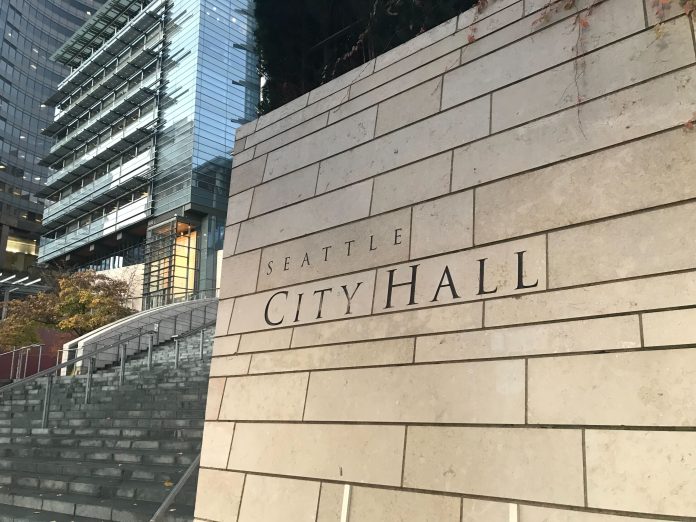And the Seattle City Attorney should lead the way.
In the middle of a homelessness crisis, when more people are unhoused than ever before, Seattle is still allowing employers to reject qualified job applicants simply because they don’t have a permanent address. That’s discrimination. And it’s keeping people unhoused, unemployed, and excluded from opportunity.
On April 21st, the Spokane City Council passed a first-in-the-nation law that bans this practice. They call it “Ban the Address,” and the idea is as straightforward as it is urgent: no one should be denied a job simply because they are unhoused. It’s time for Seattle to adopt the same legal protection against hiring discrimination — and as your next City Attorney, I’ll fight to make that happen.
Employers who commit this type of discrimination do so in the shadows — it’s not visible because the job applicants who experience it are often vulnerable and lack resources. People living in shelters, sleeping in cars, or staying with friends are trying to get back on their feet. But when an employer sees “no fixed address” on an application, unhoused job applicants are at risk of not getting an interview simply due to their housing status.
As a public defender, I’ve represented people pushed to the margins of our economy and our legal system. I’ve watched people lose opportunities because of things that had nothing to do with their talent or work ethic. I’ve seen people trying to claw their way out of homelessness get pushed right back into it — because our systems are designed to punish poverty, not solve it.
This is where the City Attorney’s Office has power — real power. The City Attorney drafts legislation, advises city departments, and enforces the law. A City Attorney who believes in economic justice can help move policy like this from proposal to reality.
A good job is one of the most powerful tools we have to reduce homelessness. But only if people can access it. We must start removing barriers, not erecting new ones. The Ban the Address law doesn’t ask employers to lower their standards — it asks them to judge people based on their skills and character, not their housing status. And if we’re serious about building a city where everyone belongs, this should be the baseline, not the exception.
Seattle has the legal framework, the policy momentum, and the moral obligation to lead. Let’s follow Spokane’s lead and adopt this sensible legislation.
Nathan Rouse is a public defender, legal advocate, and father running to be Seattle’s next City Attorney. He has spent his public defender career standing up for people who have been failed by broken systems and fighting for fairness, accountability, and second chances. Nathan is running because our city needs a justice system that works for everyone—not just the powerful.


